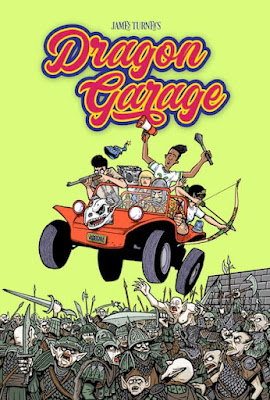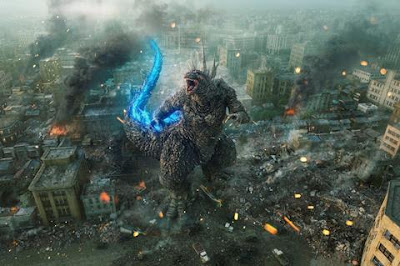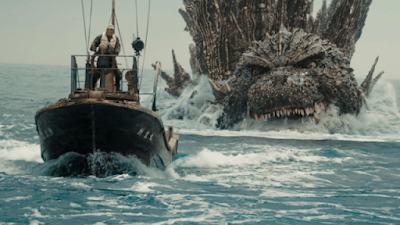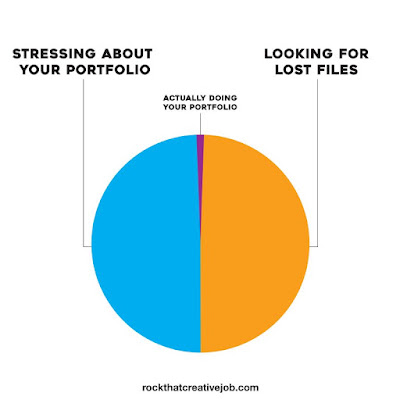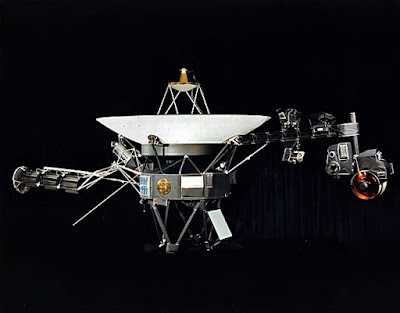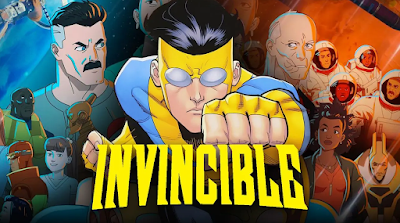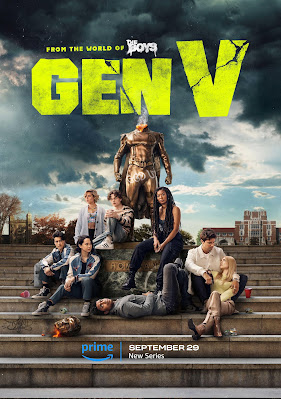 |
| Classic |
I haven't played Dungeons & Dragons in decades, but after reading my new book, a friend recommended I give Dungeon Mastering a go. Why? Dragon Garage follows a group of RPG players who open up a portal into their fantasy game world. Fun, drinking, and adventure ensue.
Seemed like a good fit.
The main focus for Dragon Garage, for me, was the contrast between the modern and the medieval. Thanks at least in part to fairy tales, the Middle Ages is viewed through an idealized lens. We tend to think of princesses and knights, rather than dysentery, famine and bed bugs.
I wanted to mix up the focus and smash them all together: ideal and real, medieval and modern, the fantastical and grounded.
A generic fantasy role playing game was a device through which I could explore that.
I remember (fondly) playing Dungeons & Dragons in public school, but wasn't particularly good at it (to be fair, I don't think many of us were.. there was a lot of open the door, kill the monster, and take their stuff). The rules were dense and extensive, so taking it up again could be a time consuming challenge which I might not be up to.
So I deferred and, at first, declined.
 |
| So good!!! |
Ultimately, it was The Expanse that changed my mind: Daniel Abraham and Ty Franck created the book series based on role playing game sessions. It's a brilliant idea: run your plot through interactive sessions, and test the logic. A great way to spot holes in a fantasy or sci-fi series: test it! \\
Soon as I mentioned this to a few other friends, they put me on to Critical Roll, which features a phenomenally talented gang of voice actors running through Dungeons and Dragons adventures. There's an entire media empire around it now, including a TV show and comic books.
So I'm late to the party, but undeterred. Running a D&D (or other RPG) game could help work out scenarios for future books, as well as generate 'happy accident' material that was truly authentic.
With that in mind, I set about building out the world of Dragon Garage for player characters. At first I thought I'd build everything, the whole world; very quickly I discovered this is a crap ton of work, far more than the amount of world building you'd need for a novel.
I was also determined to make a Megadungeon, because when I was a kid, it was all about the Megadungeon. Every DM had their own. Gary Gygax had the platonic ideal in Castle Greyhawk (not that I ever saw it), and so I resolved to have my own: Castle Druidun!
Seemed a good idea at the time.
Of course, a megadungeon is a stupid amount of work. No one sane is going to try and do this right off the bat. Fortunately, I laugh at sanity barriers: I've tackled full on prose novels, even screenplays! In fact, making a megadungeon is rather similar to writing a novel, just more compartmentalized and interactive, like an enhanced version of Choose Your Own Adventure.
Over the years, I've tried my hand at comic books, graphic novels, prose novels, short stories, comedy skits, joke strips, and improv, so why not this?
 |
| Epic adventure! |
Intially, I filled the dungeon with my own creations, but before long I turned to decades worth of fantasy trope D&D material to flesh it out. It's just too big a job for one person, especially when you have hundreds of dungeon rooms to fill. I can edit out stuff later, should this path prove fruitful and I have the opportunity to do a sequel to Dragon Garage.
Fingers crossed; there's so much more to explore and play with in that world.
I thought I'd put up the material from the world of Dragon Garage here, for fun, as the experiment progresses. We'll see what happens, and how far I get with it.
One big change from the book: I had the players roll up characters native to the fantasy world, rather than playing their real selves. It'd be too complicated for me to pull off initially, not until I'm more seasoned at this.
A megadungeon is a nice, 'simple' realm for adventuring, with built in guard rails. There are rooms and tunnels and all the choices reside within that framework. It's much harder to mess up than, say, an open world space opera mixed with horror (which is what I originally wanted to do).
There's a reason why many shooter video games occur within finite structures.
What is an imaginary world? Where is it? Same place as Santa Claus, the United States, and Narnia: in our minds. Think about it. Nations only exist through agreement in, and enforcement of, the collective imagination.
Welcome to the World of Arthea...
Check out the Dragon Garage blog here.

